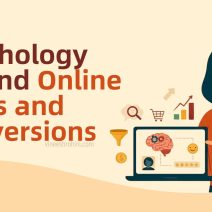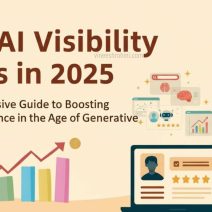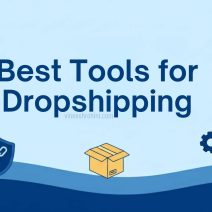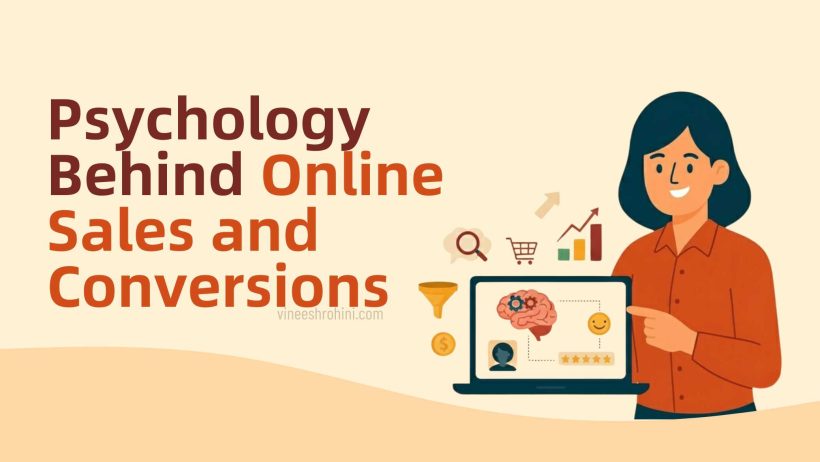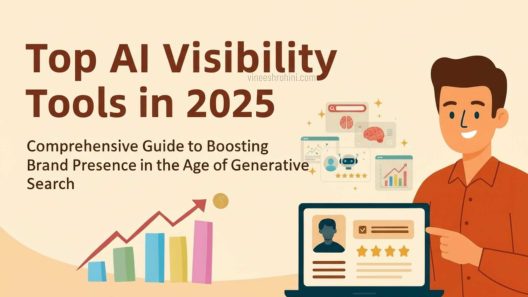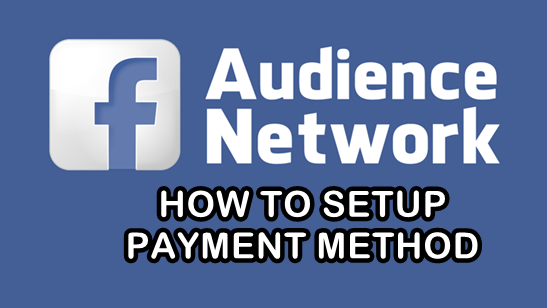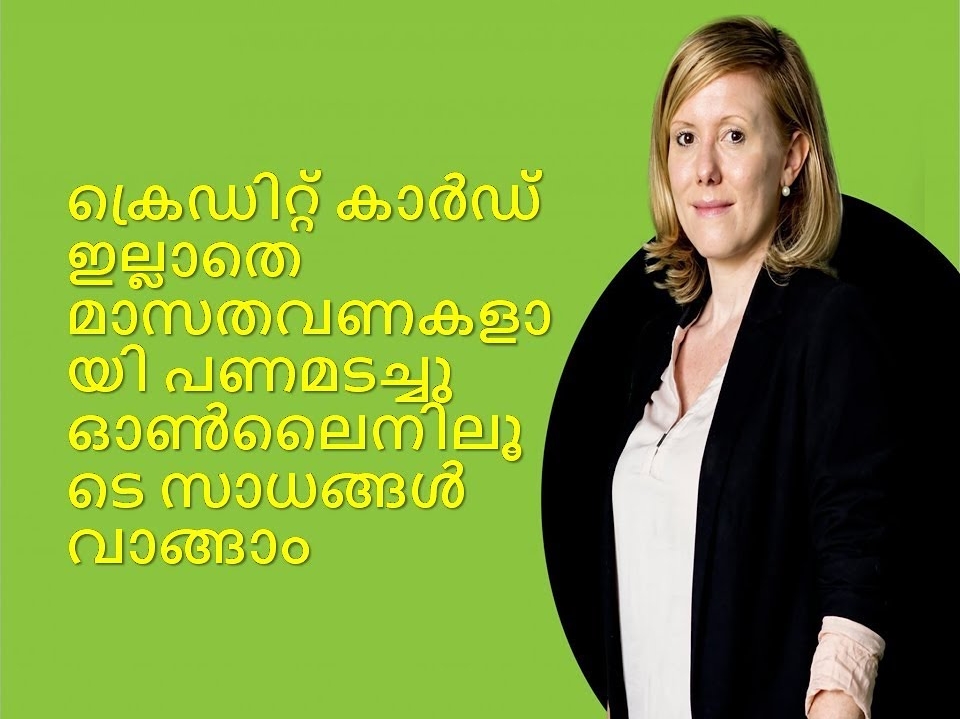Psychology Behind Online Sales and Conversions : The digital business world in 2025 operates on a simple truth — people don’t buy products, they buy emotions, trust, and experiences. This is the essence of the psychology behind online sales and conversions. Every click, every add-to-cart, every purchase confirmation is the result of a complex psychological process happening in the buyer’s mind. Understanding this mental journey allows online business owners and digital marketers to convert browsers into buyers effectively. In a marketplace saturated with ads, content, and endless choices, mastering the psychology of online sales isn’t optional — it’s the foundation of conversion rate success.
Table of Contents
The human brain hasn’t evolved as fast as technology. While the world shifted to digital platforms, human decision-making still depends on ancient psychological mechanisms — emotion, trust, belonging, fear, curiosity, and habit. When people shop online, they aren’t running logical equations; they’re making emotional micro-decisions influenced by colors, headlines, testimonials, time pressure, and perceived value. The key to boosting online conversions in 2025 lies in aligning your website experience, ad strategy, and offer presentation with how the human mind truly works.
1. The Core of Online Sales Psychology
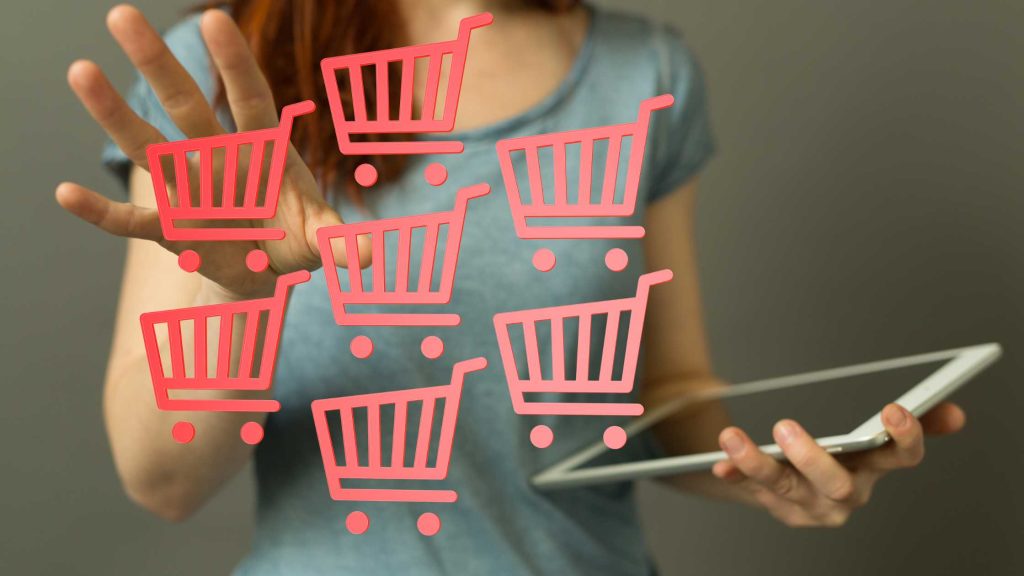
Online sales psychology is the study of how human behavior and mental triggers influence purchase decisions in the digital space. Whether you sell eBooks, software, courses, or physical products, every online sale follows the same mental pattern — attention, interest, trust, emotion, and action. Conversion rate optimization (CRO) is the art of removing psychological barriers from this process. Successful marketers understand that design, copy, and user experience must reduce friction and increase positive emotional response.
In online marketing, logic explains what a product does, but psychology sells why it matters. A well-designed sales funnel taps into cognitive biases — mental shortcuts that humans use to make fast decisions. Examples include social proof, scarcity, anchoring, reciprocity, and authority. Applying these biases ethically helps marketers motivate customers naturally without manipulation.
2. Trust – The Foundation of Online Conversions
Trust is the single most important factor in online buying decisions. Shoppers cannot physically touch, test, or verify products. They depend entirely on perceived credibility. When trust is high, perceived risk is low, and conversion rates rise. In 2025, trust signals are even more vital due to rising online scams and fake reviews. To build instant credibility, online businesses should display clear trust badges, secure payment icons, real photos, transparent return policies, and testimonials from verified customers.
Also Read : Where to Sell Online Business : Comprehensive Guide 2025
Authenticity also plays a huge role in digital trust. Brands with real human connection — founder stories, behind-the-scenes content, live chats, and personalized support — convert better. When visitors feel they are dealing with a transparent and responsible business, they subconsciously assign it more reliability.
3. Emotion vs. Logic in Buying Decisions
Contrary to popular belief, most online purchases are driven by emotion and later justified by logic. The emotional brain reacts first, the rational brain explains later. This means marketers must design sales pages that first connect emotionally — through colors, visuals, tone, and storytelling — before presenting technical details.
Emotions like excitement, curiosity, fear of missing out (FOMO), happiness, or pride push people to take action. A message like “Join 10,000 happy customers” creates belonging and safety. “Limited-time offer ends tonight” triggers urgency and scarcity. “Upgrade your lifestyle today” appeals to aspiration. Combining emotional triggers with logical reinforcements (features, guarantees, reviews) builds a complete persuasive cycle.
4. The Power of Cognitive Biases in Online Sales

Cognitive biases are shortcuts the brain uses to simplify decision-making. Marketers who understand these can ethically design pages that guide buyers toward conversion.
- Social Proof: People trust the crowd. Showing reviews, ratings, user counts, or “recently purchased” popups assures visitors they’re making a safe choice.
- Scarcity: When items are limited, desire increases. “Only 3 left in stock” or “Offer valid for 24 hours” triggers urgency.
- Anchoring: Showing a higher price first makes the discounted price seem more valuable. This works in pricing tables and product comparisons.
- Reciprocity: Offering value upfront (free guides, trials, or samples) makes users feel obliged to return the favor by buying.
- Authority: Featuring expert endorsements, certifications, or media mentions builds trust faster.
Understanding and applying these biases can dramatically increase online sales conversion rates without adding extra ad spend.
5. Cognitive Fluency – Simplicity Converts
Cognitive fluency means how easy something is to think about and use. The easier your website is to navigate, the more people will buy. If a site loads slowly, has too many choices, or confuses users, conversions drop. In 2025, simplicity is sophistication. Clean design, fast checkout, and minimal distractions equal higher trust and satisfaction.
High-performing online stores reduce cognitive load by using fewer colors, consistent typography, short headlines, and straightforward calls to action. The brain loves familiarity and ease. A seamless experience subconsciously signals professionalism and reliability.
6. The Psychology of Urgency and Scarcity
Humans are wired to act when time or availability is limited. Scarcity and urgency tap into primal survival instincts — “act now or lose out.” Online marketers use countdown timers, limited stock indicators, or time-sensitive bonuses to trigger action. However, in 2025, consumers are smarter. They can detect fake scarcity. Authentic urgency must be based on real offers — flash sales, genuine stock limits, or event-based promotions.
When done right, scarcity increases perceived value. Urgency shortens hesitation. Together they create a powerful conversion catalyst.
7. Social Proof and Community Influence
Social proof remains one of the strongest conversion factors. People trust the opinions of others more than brand claims. When users see positive testimonials, ratings, influencer mentions, or real success stories, their decision confidence rises. This is why social commerce — selling through social media platforms with visible engagement — has exploded in 2025.
Creating a sense of community also boosts long-term conversions. Phrases like “Join 50,000 entrepreneurs using our tools” create belonging. Humans are tribal by nature; they follow the crowd to feel safe. Building a visible tribe around your brand fuels organic trust and advocacy.
8. The Role of Personalization
In 2025, personalization isn’t optional — it’s expected. The psychology of online sales shows that buyers respond better when they feel recognized and understood. Personalized recommendations, adaptive landing pages, and segmented email campaigns all perform better than one-size-fits-all messaging.
Data-driven personalization uses behavior tracking to show relevant products or messages. For example, a visitor who viewed fitness gear but didn’t buy could receive an email offering a small discount on the same category. Personalized experiences create emotional connection and convenience, two psychological levers that convert faster.
9. Storytelling and Emotional Branding

Humans remember stories, not statistics. Storytelling creates emotion, builds empathy, and helps customers visualize the value of a product. Instead of saying “Our software automates invoices,” say “Save 10 hours a week and get your weekends back.” Emotional storytelling transforms a feature into a feeling.
A compelling brand story ties your product to the customer’s journey — from problem to transformation. When people see themselves in your story, they trust and buy. In 2025, emotionally intelligent branding — visuals, tone, and consistent messaging — will differentiate successful online businesses from forgettable ones.
10. Micro-Commitments and Behavioral Momentum
Conversion doesn’t always happen in one step. The psychology of commitment suggests that small actions lead to larger ones. When a visitor signs up for a newsletter, downloads a free eBook, or adds a product to a wishlist, they’re more likely to buy later because their brain seeks consistency with past actions.
Smart marketers use this principle to design progressive funnels — small asks first, larger asks later. Offering a free value piece creates momentum. Once a person takes the first step, saying “yes” again becomes easier.
11. The Fear of Loss and Risk Aversion
Loss aversion theory states that people fear losing more than they enjoy gaining. This means highlighting what customers might lose by not acting can be more persuasive than focusing on benefits. For example, “Don’t miss your bonus course” works better than “Get a bonus course.”
Risk also plays into purchase hesitation. The less risk a customer perceives, the higher the conversion. To counter risk aversion, offer money-back guarantees, free returns, and trial periods. When buyers know they can change their minds, they act more confidently.
12. Personal Connection and Human Touch
Despite the rise of AI automation, human connection remains a powerful conversion driver. Live chat, personalized emails, and responsive customer service humanize your brand. In psychology, people trust people, not faceless systems. Businesses that blend automation with genuine human touch outperform competitors.
Using conversational tone in content, showing founder videos, and engaging authentically on social platforms increase emotional proximity. In 2025’s competitive digital economy, humanity is the new marketing edge.
13. Design Psychology and Visual Triggers
Visuals speak faster than text. Color psychology plays a strong role in shaping perception and emotion. For example, red creates urgency, blue conveys trust, green signals growth, and black reflects luxury. Button placement, contrast, and whitespace guide the user’s attention.
Eye-tracking studies show users follow visual hierarchy instinctively — headline → image → call to action. Optimizing this path ensures higher conversions. A visually calm interface reduces anxiety and enhances decision confidence. Design is psychology translated into aesthetics.
14. The Role of Price Perception
The psychology of pricing is as important as the product itself. A price isn’t just a number; it’s a signal of value. Techniques like anchoring (showing a higher price first), charm pricing (₹999 instead of ₹1000), and value bundling influence perception. People often compare relative value, not absolute cost.
Displaying multiple plans also helps — most users pick the “middle” option because it feels safe. Highlighting “Best Value” or “Most Popular” creates subtle social guidance. Transparent pricing combined with visible savings drives conversions ethically.
15. Reducing Friction and Decision Fatigue
Every unnecessary step reduces conversion probability. The modern online consumer expects convenience. Complicated forms, unclear instructions, or too many options lead to paralysis. Decision fatigue is real — when users face too many choices, they prefer to postpone decisions entirely.
Effective CRO focuses on friction reduction — shorter checkout forms, guest checkout, pre-filled data, clear progress bars, and minimal distractions. In online sales psychology, simplicity equals action.
16. Post-Purchase Psychology
Conversion doesn’t end with a sale — it continues through satisfaction, trust reinforcement, and advocacy. When customers receive thank-you messages, onboarding guides, and follow-up communication, their brain registers completion and belonging. Positive reinforcement increases lifetime value and referrals.
Loyalty programs, personalized emails, and social acknowledgment (like “Share your purchase”) activate dopamine and strengthen brand memory. The happier the post-purchase experience, the more likely repeat conversions become.
Buy Now : Ready Made Digital Store with 100 Products
17. Conversion Rate Optimization and A/B Testing
In 2025, data-driven marketing is inseparable from psychology. A/B testing lets marketers compare different psychological triggers — headline tone, button color, social proof placement — and choose what truly resonates. Continuous testing reveals subconscious preferences your audience may not articulate.
By understanding behavioral data like scroll depth, bounce rate, and click maps, marketers can detect emotional drop-off points. Every improvement in user experience is an improvement in psychological alignment.
18. Ethical Use of Psychological Triggers
Ethical marketing psychology respects customer autonomy. Misusing fear, false scarcity, or manipulative dark patterns may bring short-term gains but destroy long-term trust. Ethical persuasion educates, builds confidence, and solves problems. Transparency and honesty reinforce credibility — the ultimate conversion currency.
19. The Future of Online Conversion Psychology
As AI, machine learning, and predictive analytics evolve, the future of conversion psychology lies in hyper-personalization and emotion detection. Smart systems can analyze user behavior in real time and adjust experiences automatically — changing layout, offers, and tone based on individual responses.
In 2025 and beyond, immersive technologies like augmented reality (AR) and virtual shopping will engage more senses, amplifying emotional influence. Yet no matter how advanced technology becomes, the fundamentals remain: emotion, trust, and simplicity convert more than algorithms.
20. Key Takeaways for 2025
- Focus on emotion first, logic second.
- Build trust and transparency into every step of the funnel.
- Use social proof, scarcity, and authority ethically.
- Simplify design and checkout to enhance cognitive fluency.
- Personalize communication and offers for relevance.
- Employ storytelling and empathy for emotional resonance.
- Track behavior, test hypotheses, and optimize continuously.
- Keep conversions human — people buy from people.
Conclusion
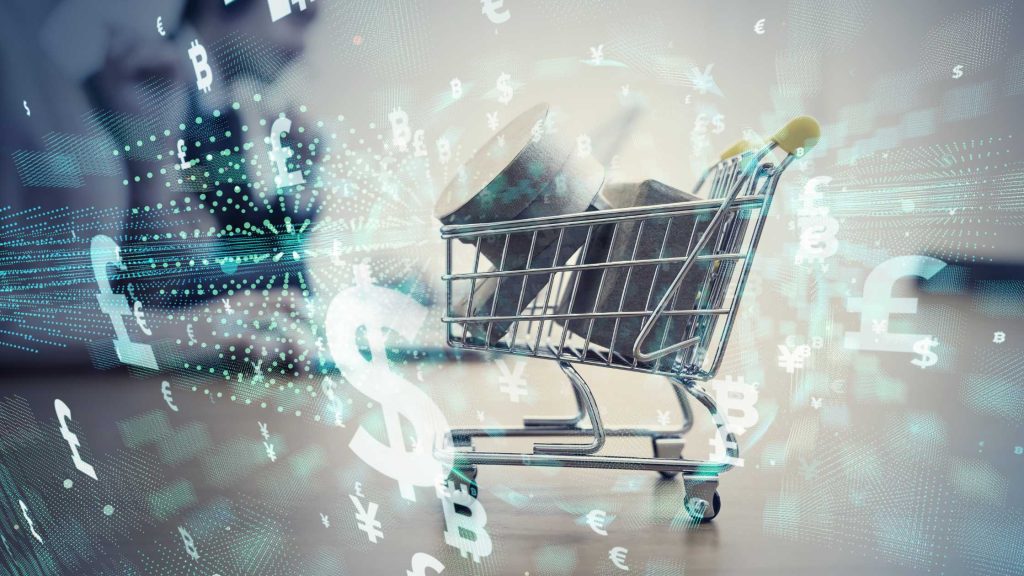
The psychology behind online sales and conversions in 2025 proves that the human mind, not technology, drives business success. No matter how sophisticated your website, automation, or ads are, conversions depend on how deeply you understand human emotions and motivations. When your marketing strategy aligns with psychological principles — trust, emotion, simplicity, and social validation — your conversions rise naturally.
Online business success today isn’t about louder advertising or cheaper prices; it’s about empathy, precision, and credibility. Every click is a conversation, every sale is a decision of trust. The more you understand how people think, feel, and decide online, the more you can design experiences that convert effortlessly.
Buy Now : Ready Made Digital Store with 100 Products
By mastering online sales psychology, marketers in 2025 can transform random visitors into loyal customers — not through manipulation, but through genuine understanding. The brands that win the digital future are those that respect the human brain behind every transaction and build systems that make buying not just easy, but emotionally satisfying.
Disclaimer: This article is intended for educational and informational purposes only. All strategies and psychological concepts discussed are general in nature and should be applied ethically and responsibly in digital marketing and online business practices.
Keywords : Psychology Behind Online Sales – Psychology Behind Online Sales in 2025
